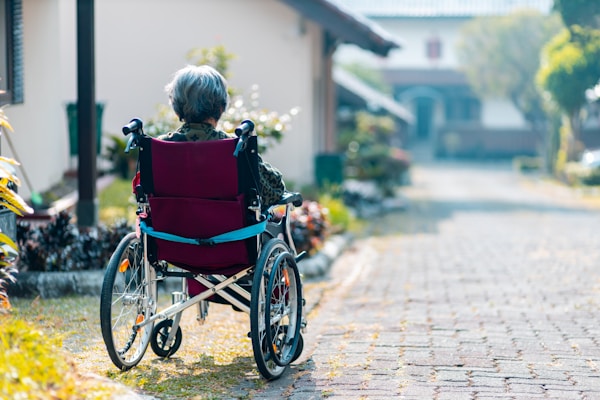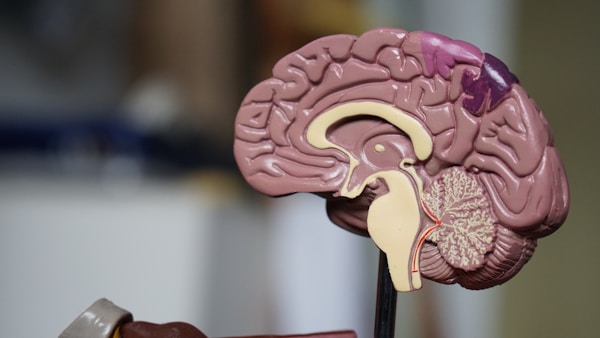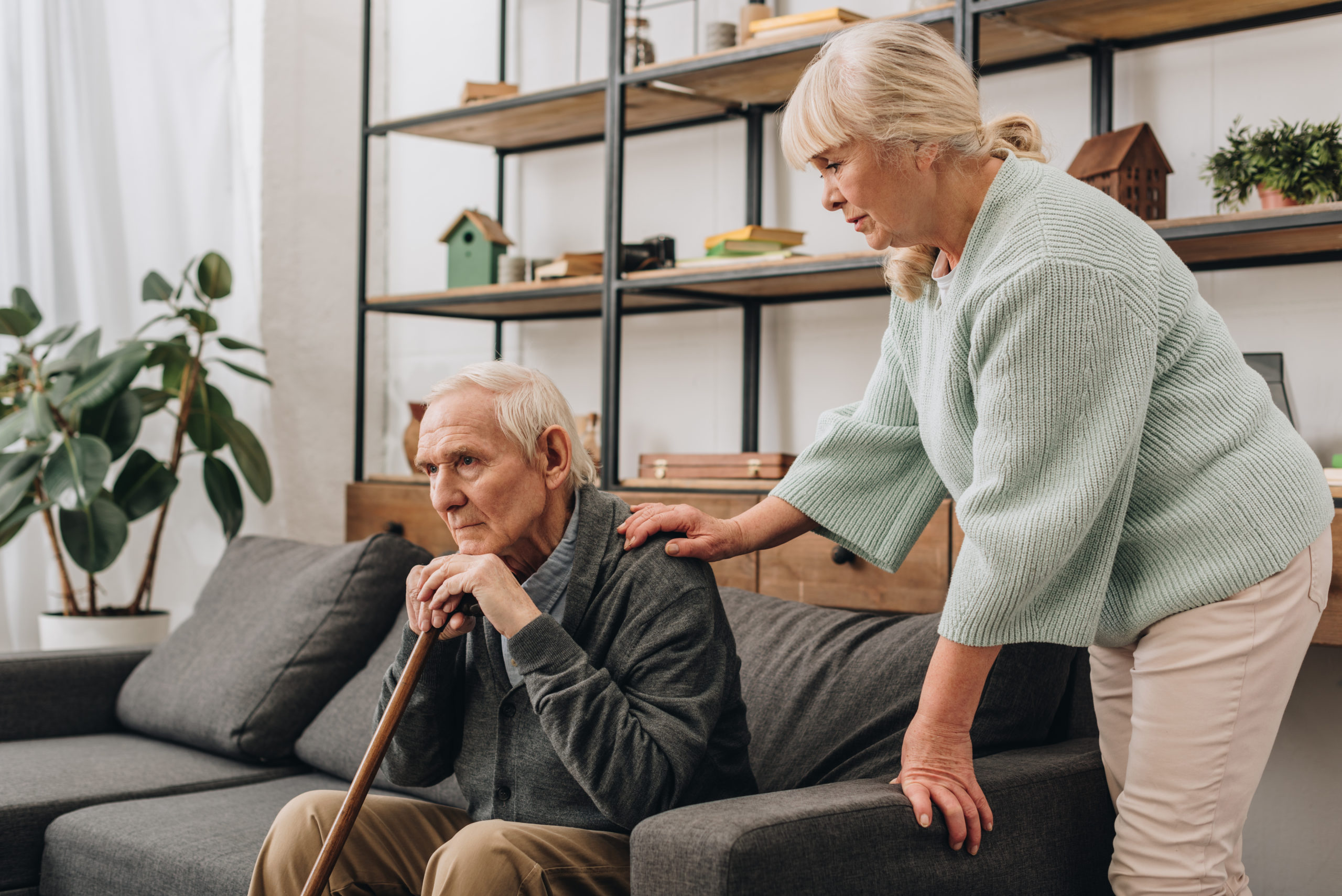The signs and symptoms of Alzheimer’s disease can vary from person to person. They also change as the disease progresses. For example, people may initially experience memory loss and confusion, but later may also experience changes in mood and personality, hallucinations, and delusions.
Alzheimer’s disease typically progresses slowly in three general dementia or alzheimer’s stages:
Stage 1: Early

In the early stage of Alzheimer’s, people may experience difficulty with short-term memory, language and decision-making. They may also find it hard to focus and plan ahead. As the disease progresses, people may become more confused and have trouble recognizing people and places. They may also have difficulty with basic tasks such as bathing, dressing and using the bathroom.
Alzheimer’s can be a very difficult disease for both the person who is living with it and their loved ones. It is important to remember that everyone experiences Alzheimer’s differently, so it is important to talk to your doctor about what to expect.
There are a number of things you can do to help make life easier for someone with Alzheimer’s. For example, you can create a simplified routine and try to keep the person’s environment as calm and clutter-free as possible. You can also help the person stay active and engaged by providing stimulating activities and social opportunities.
It is also important to remember to take care of yourself. Caring for someone with Alzheimer’s can be very challenging, and it is important to make sure you have time for yourself and your own needs.
Stage 2: Middle
In the middle stage of Alzheimer’s, people may have more trouble with memory and communication. They may also experience changes in mood and behaviour, such as becoming withdrawn or agitated. This can be a difficult time for both the person with Alzheimer’s and their loved ones.
It’s important to continue to provide support and understanding, and to help the person with Alzheimer’s stay as active and engaged as possible. Activities like puzzles, crafts and social outings can be helpful.
It’s also important to keep communication open, and to continue to talk to the person with Alzheimer’s as if they understand everything you’re saying. This can help reduce feelings of isolation and confusion.
Stage 3: Late

In the late stage of Alzheimer’s, people may lose the ability to speak, eat or get around on their own. They may also experience changes in personality and behaviour. For example, they may become agitated, restless or aggressive. They may also become more withdrawn and inactive, or lose interest in things they used to enjoy.
People with late-stage Alzheimer’s also require a lot of care and support. This can be provided by a spouse, adult child or other family member, or by a professional caregiver.
There are a number of ways you can help someone with late-stage Alzheimer’s. One is to keep their environment as comfortable and familiar as possible. This may mean keeping favourite objects and pictures around, playing music they like, or having regular routines.
It’s also important to keep communication open. Be patient and understanding, and keep talking to the person even if they don’t seem to be responding. You can also try to engage them in simple activities, like playing games, looking at pictures or going for a walk.
If the person is having problems with eating or drinking, you may need to help them with these activities. This may include feeding them, helping them to drink, or adjusting their diet.It’s also important to keep an eye on their physical health. Make sure they are getting enough exercise and rest, and that they are taking any medication they need. If they are having problems with mobility, you may need to help them with things like bathing and dressing.
Finally, it’s important to get support for yourself. Caregiving can be a challenging and demanding task. There are many support groups and resources available to help you manage this time.
If you are concerned about someone you know who may be experiencing signs and symptoms of Alzheimer’s disease, it is important to talk to a doctor. Only a doctor can make a diagnosis of Alzheimer’s disease.

